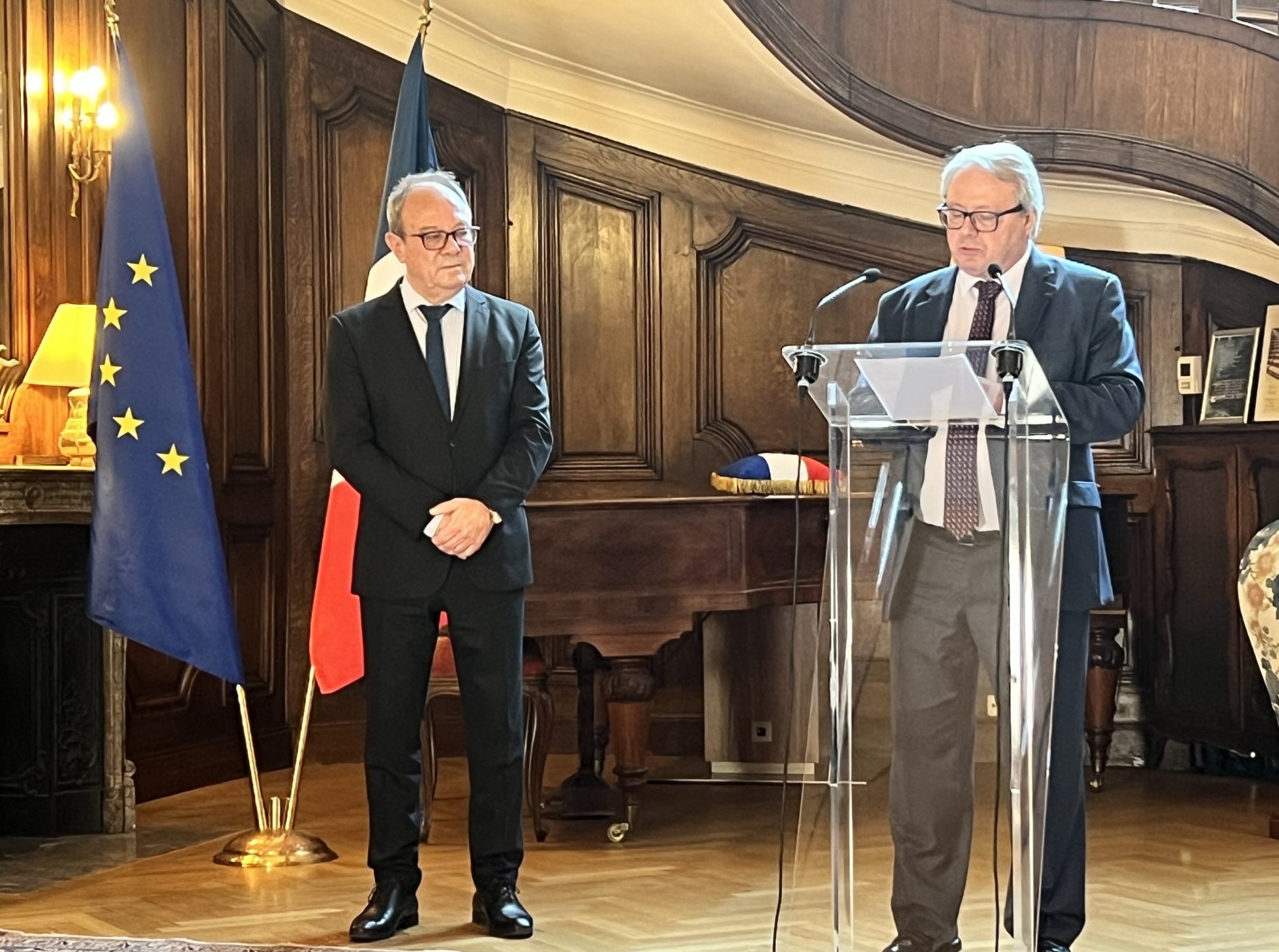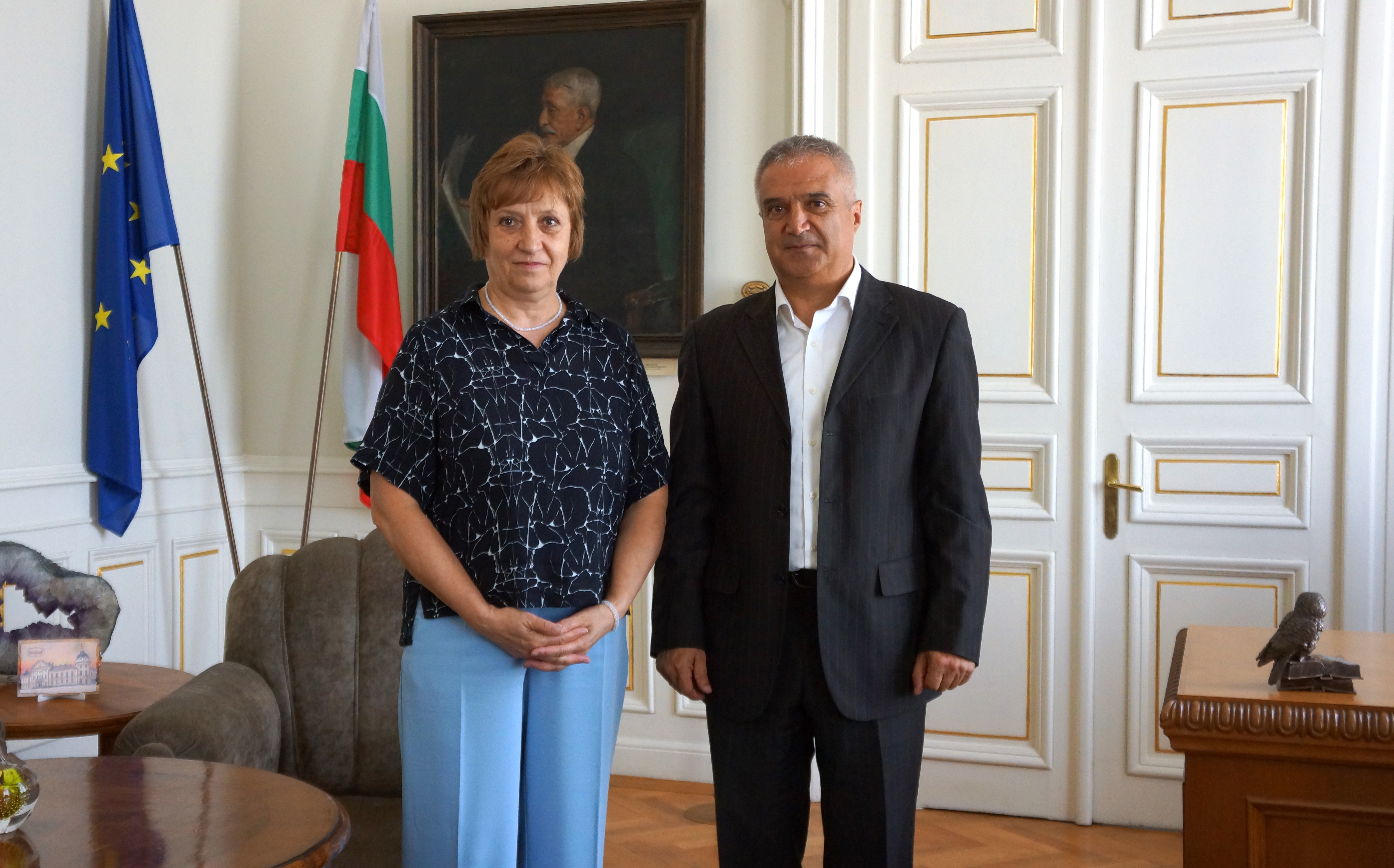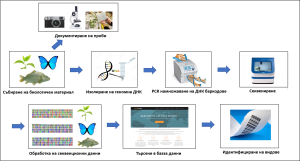
DNA barcoding is a marker-based approach in which a short nucleotide sequence from the genome serves as a marker for the taxonomic identification of organisms regardless of sex, developmental stage and integrity. Analogous to the black-and-white strokes of grocery store barcodes that provide information on name, price and manufacturer, each individual in nature has its own unique DNA sequence, allowing scientists to determine its belonging to a particular family, genus, or species.
DNA barcoding has applications for classifying species and studying their ecological dynamics, as well as for evolutionary studies, quality control of food composition, etc.
An international team of scientists from the Bulgarian Academy of Sciences and the University of Helsinki are introducing these innovative technologies for the study of plant diversity in Bulgaria, thus increasing national scientific capacity in the field of DNA barcoding. The coordinator of the two-year BULCode project (https://www.plantbulcode.com/) is the Institute of Plant Physiology and Genetics, BAS.
The project is funded by the Ministry of Education and Science under the European Science Networks Programme. The collaboration will train experts in DNA marker technology and DNA barcoding. Part of the national plant diversity will be studied, with a main focus on rare and endemic species. The DNA barcodes identified during the studies will be included in international libraries such as the Barcode of Life Database ( BOLD).
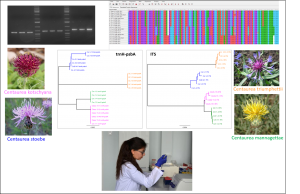
In IPPG-BAS, active scientific-experimental work is carried out for the taxonomic characterization of the populations of interesting species of the Bulgarian flora. Many of the studied species are endemics of Bulgaria or the Balkan Peninsula, such as cornflower (Centaurea), mouse-ear-hawkweed (Hieracium), mullein (Verbascum), snowdrop (Galanthus), Crocus, etc.
DNA barcoding is also applied to identify phytopathogenic fungi on important agricultural crops .
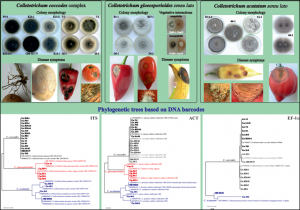
Most of the collected materials are kept in IBER-BAS, the plants are from their natural populations from different floristic regions of Bulgaria. Another part is obtained from the available rich collection of the IBER Herbarium, registered in Index herbariorum with the acronym ‘SOM’.
This project will support genetic taxonomic research in Bulgaria by improving its accuracy, efficiency and effectiveness, and will increase the visibility of national plant diversity among the global scientific community. Among the objectives of the project is the establishment of a DNA barcoding community at national level, as exist in a number of other countries.


